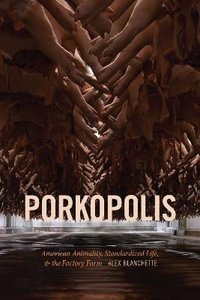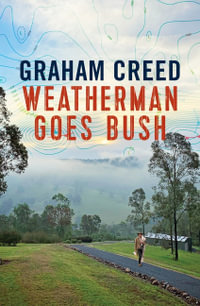In
Building a Resilient Twenty-First-Century Economy for Rural America, Don E. Albrecht visits rural communities that have traditionally been dependent on a variety of goods-producing industries, explores what has happened as employment in these industries has declined, and provides a path by which they can build a vibrant twenty-first-century economy. Albrecht describes how structural economic changes led rural voters to support Donald Trump in the 2016 election and why his policies will not relieve the economic problems of rural residents.
Trump's promises to restore rural industrial jobs simply cannot be fulfilled because his policies do not address the base cause for this job loss--technological change, the most significant factor being the machine replacement of human labor in the production process. Bringing a personal understanding of the effects on rural communities and residents, Albrecht focuses each chapter on a community that has traditionally been economically dependent on a single industry--manufacturing, coal mining, agriculture, logging, oil and gas production, and tourism--and the consequences of losing that industry. He also lays out a plan for rebuilding America's rural areas and creating an economically vibrant country with a more sustainable future.
The rural economy cannot return to the past as it was structured and instead must look to a new future. Building a Resilient Twenty-First-Century Economy for Rural America describes the source of economic concerns in rural America and offers real ways to address them. It will be vital to students, scholars, practitioners, community leaders, politicians, and policy makers concerned with rural community development.
Industry Reviews
"The book is timely, pertinent, and a valuable contribution for people dedicated to improving the lives of rural residents."
-Douglas H. Constance, Sam Houston State University
"This book addresses an area of study that needs far more attention than it has received. It will serve as a helpful source of information when questions are raised regarding what has changed in rural economics within the last few decades."
-Julie Suhr Pierce, University of Utah and US Bureau of Land Management
























